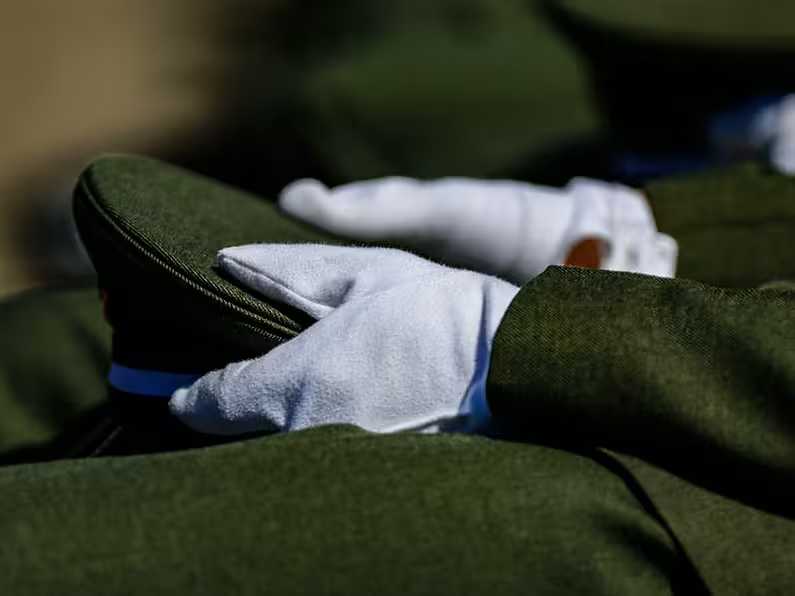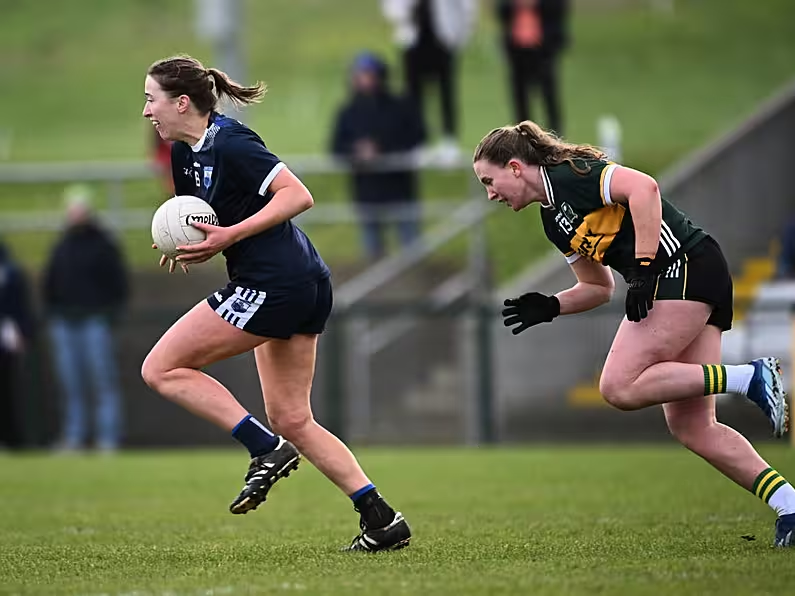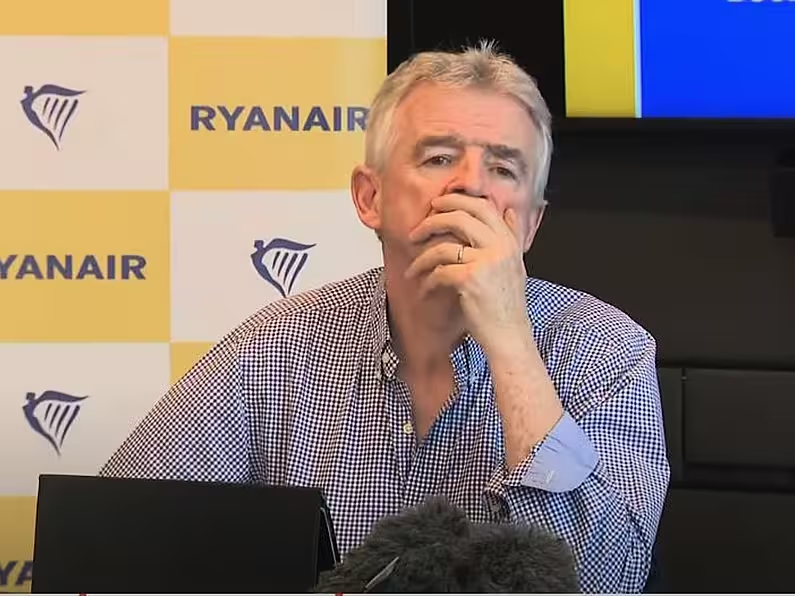David Raleigh
A woman beaten unconscious by an Irish army private in a “vicious” and “unprovoked” assault in Limerick City has called on the Defence Forces to tender the soldier’s immediate dismissal from the army.
Cathal Crotty (22), from Ardnacrusha, Co Clare, presently remains a member of the Defence Forces at Sarsfield Barracks, despite being convicted of assaulting 24-year-old Natasha O’Brien.
He walked free from court last Wednesday after sentencing judge Tom O’Donnell gave him a fully suspended three-year jail term.
The judge said that when deciding Crotty’s sentence, he had to take into account his early guilty plea, his previous good character, and his apology to the victim, and the judge said an immediate sentence would certainly end Crotty’s army career.
Crotty punched Ms O’Brien at least six times, knocking her unconscious on O’Connell Street, Limerick, on May 29th, 2022. He had shouted homophobic slurs at two men on the street and Ms O’Brien, who was walking home from a night shift at a local pub, had politely asked him not to call people names.
"(He) held me like a punching bag almost... until I eventually fell to the ground."
Natasha O'Brien describes how her attacker, Cathal Crotty (22), didn't stop and she feared she would die. #TonightVMTV pic.twitter.com/cufgI4ZeLg
— TonightVMTV (@TonightVMTV) June 20, 2024
Crotty stopped punching unconscious Ms O’Brien on the ground after a passer-by intervened, Limerick Circuit Criminal Court heard.
Crotty, who ran away, later bragged about the assault to friends on Snapchat, writing: “Two to put her down, two to put her out”.
Speaking on Friday, Ms O’Brien said, if there is any justice, Private Crotty would be dismissed from the army.
“There should be an immediate dismissal for any harm caused [by a solider] to a civilian. It’s cause for an immediate dismissal – absolutely,” Ms O’Brien said.
Ms O’Brien said the justice system needed to change so that injured parties are represented by solicitors and barristers in criminal trials.
The Irish criminal justice system provides free legal aid for a cohort of accused persons, which pays for their solicitor and barristers through the district court when they are initially charged through to the higher courts where they are tried and sentenced or acquitted.
The Director of Public Prosecutions (DPP), which brings prosecutions before the courts, represents the people of Ireland, and does not represent victims.
Ms O’Brien said she felt her speaking out that she did not have any representation in court had helped shine a spotlight on what she believes are unjust workings within of the criminal justice system.
“This was a can of worms that needed to be let out, it was a boiling pot, and at least something good is coming out of this atrocity, that’s what I am trying to do.”
Ms O’Brien said she was sick of reading cases whereby people were let out on the streets after committing violence.
“I am enraged for my nation more than for myself because this is much bigger than me,” Ms O’Brien said,.
“I was just someone that had the voice that was strong enough to stand up.”
“I would like to see some true justice, I would like to see some effective change in the Dáil.”
“I would like to demand some answers from the Minister for Justice as to what’s going on, in terms of the Department of Justice, and the failure of the [criminal justice] system to so many like myself.”
“I feel these failures are that a message is being communicated to our nation that offences of this heinous degree are not taken seriously at all and they are overlooked.”
Ms O’Brien said she “did not feel protected in court by the [authorities] that are supposed to be protecting us”.
She reiterated she had no solicitor in court and that the accused Crotty had a solicitor and two barristers, and that a senior member of the Irish Defence Forces was also present in court – albeit to report back on the proceedings to his superiors.
Ms O’Brien called for a fresh national debate about the rights of victims in the criminal justice system, which she indicated were seriously lacking.
“That is definitely something that should be opened up for an honest discussion,” she said.
“It is 100 per cent something that should be opened up for discussion because the victim is put on trial and the defendant is represented.”
Ms O’Brien said she had not considered taking a civil case against Mr Crotty for injuries.
Judge O’Donnell ordered Crotty to pay Ms O’Brien €3,000 compensation, which he pledged to meet.
“I haven’t even considered a civil case because there has been no real justice, it isn’t over,” she said.
She hoped that the Director of Public Prosecutions (DPP) would appeal Crotty’s sentence on the grounds that it was too lenient.
However, Ms O’Brien said legal sources had indicated to her that an appeal may be unlikely.
“It was explained to me that leniency appeals are only accepted in cases of extreme leniency and, unfortunately, it appears that under this justice system [Crotty’s sentence] actually wasn't an extremely lenient sentence, and that’s my uproar, that’s my outrage, with the law.”
“Judge O’Donnell was considering the law, and the law is evading justice.”
A statement released on Thursday by the Irish Defence Forces said: “The Defence Forces commend the bravery of the victim in this case, and hope for her full recovery from the injuries sustained.”
“The Defence Forces unequivocally condemn any actions by serving personnel that are contrary to or do not reflect our values.”
“Any conviction in a civilian court may have implications for the retention and service of members of the Defence Forces, as stipulated in Defence Forces Regulations.”
“Once due process has been completed in a civilian court of law it becomes a matter for the relevant Defence Forces authorities in accordance with Defence Forces Regulations.”
“As such it would be inappropriate to comment further at this time,” the statement concluded.













